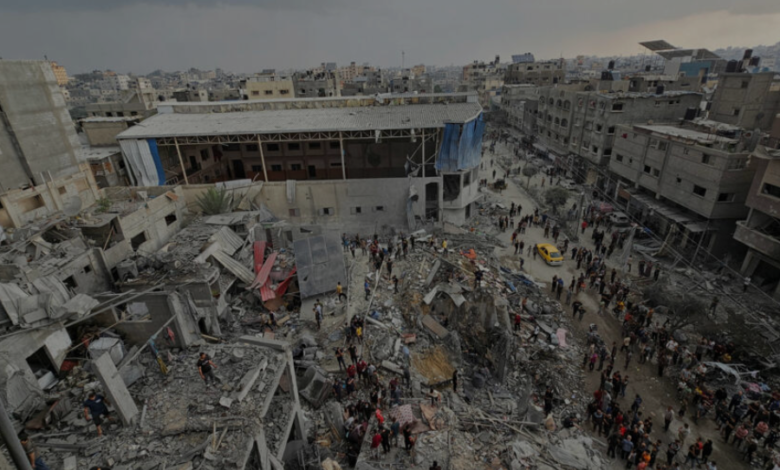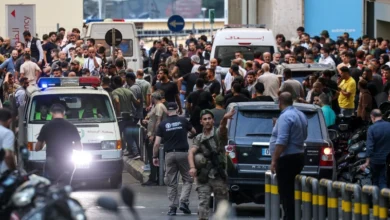Israeli Ceasefire Demands Reveal Intentions for Further Colonization, Says UN Expert

A UN expert involved in the current ceasefire talks has criticized the intentions of Israelis, noting that the demands that are put forward by the Israeli side go far beyond any military strategies and are rather manifestations of the Israeli ongoing colonization process in Palestine territory. These statements demonstrate that the current process of ceasefire negotiations is quite disputative, and the arms participating in the conflict have concerns and fears about achieving the result.
Netanyahu, the Prime Minister of Israel, has not budged from his position that for any ceasefire, Israel needs to maintain security over some strategic points in Gaza. In particular, Netanyahu insisted on a permanent deployment of the IDF along the border with Egypt and in the strip passing through the center of the Gaza Strip, which claimed to be vital for preventing attacks on Israel. These areas, referred to as the Philadelphi Corridor and the Netzarim Corridor in Israel, are considered strategic for the type of security Israel wants in the region. However, the IR has made these demands, which have received much criticism from the international community.
Francesca Albanese, the UN special rapporteur for the occupied Palestinian territories, has mainly condemned them. Albanese notes that the deterrent is centrally, and erroneously, located in control of these ‘corridors’ to append further territory to pre-empt further encroachment by a state that intends to continue with what Albanese calls the ethnic cleansing of Palestinian territories.
“They are trying to negotiate under the so-called’ cessation of hostilities’ while Israel is being prepared a context that will allow for the permanent occupation and further stealing of the lands,” Albanese said in a statement. All those aware of Palestine’s history will see what the Palestinians are undergoing under the unlawful occupation by Israel today, the classic template of settler colonialism.
Albanese’s remarks speak of the emerging worry globally about the long-term goals of Israel in the Middle East. However, a large number of people believe that the ceasefire negotiations are being employed as a guise for extending and consolidating Israel’s control over occupied territories, not as a potential opening for cessation of fighting and negotiations for conflict resolution.
In furtherance of this view, Nicola Perugini, a professor of international relations at the University of Edinburgh, certified the historical aspect of such corridors in Israel’s territorial acquisition practices. According to Perugini, ‘Corridors are weapons of dissection, binarization, and dispossession in the archive of Israel’s colonization of Palestine.’ Corridors, including those proposed in the Allon Plan, were instrumental in the West Bank’s colonization process.
These considerations raise questions about the general meaning of Israel’s ceasefire demands, which signal that this strategy is part of a consistent effort to strengthen the overall domination of the Palestinian territories. Skeptics have said that controlling those corridors would enable Israel to continue with its policy of strangulating Gaza from the rest of Palestine and easing the process of pursuing its policy of expansion on new settlements in those parts of Palestine.
The continuing negotiations have, therefore, turned into a topic of reference concerning Israel’s intentions in the long run. These negotiations are proceeding while the international community is split in their views about Israel’s demands. However, some might consider the latter to be necessary for security, while others are convinced that these demands indicate the occupation and colonization of Palestine is the real goal.
The position is still dynamic and unpredictable, and the result of these negotiations will, in all probability, significantly impact the future of the Middle East, particularly in the Israel and Palestine issue. Albanese’s and other professionals’ arguments discussed in the paper show that the challenges of attaining sustainable peace in the area are multifaceted and compounded by factors related to security and possession of territories.




